Estimated reading time: 7 minutes
Rolling pins are a versatile and essential tool for any baker or home cook. Used for flattening and shaping dough, rolling pins come in a variety of sizes, shapes, and materials, each with its own unique advantages and disadvantages. From the classic wooden rolling pin to the modern silicone rolling pin, there are many options to choose from when it comes to finding the perfect rolling pin for your kitchen. In this article, we will explore the different types of rolling pins available, and provide tips and recommendations to help you choose the best rolling pin for your baking needs. Whether you are a professional pastry chef or a home baker, understanding the different types of rolling pins and how to use them can help you achieve better results in the kitchen.
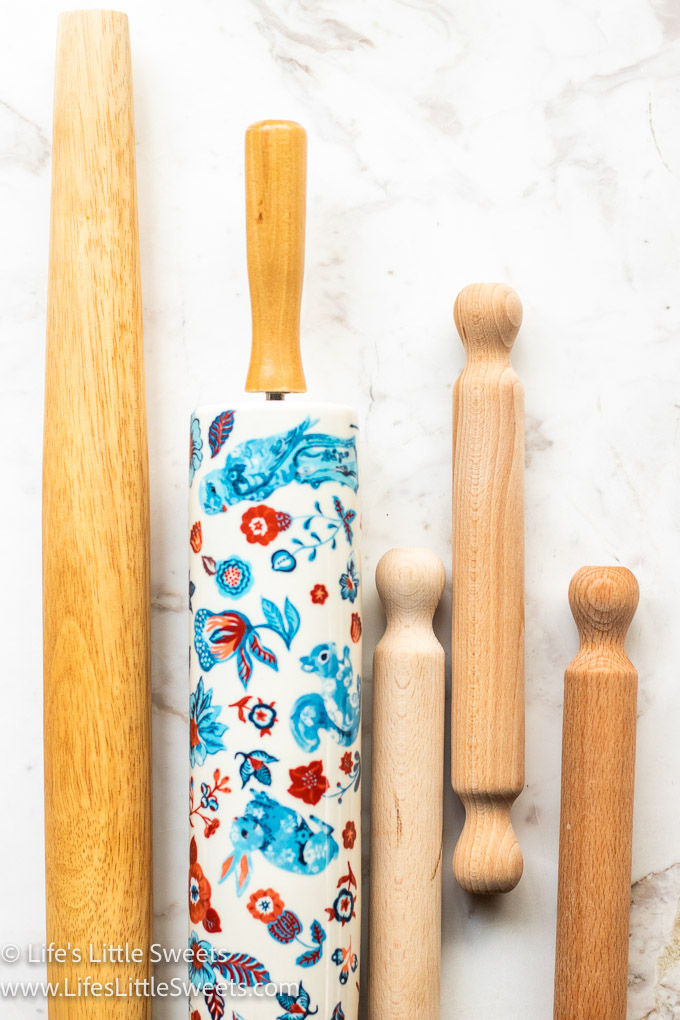
Table of contents
Exploring the Different Types of Rolling Pins for Your Baking Needs
When it comes to baking, having the right tools can make a big difference in the final outcome of your baked goods. One tool that is essential to any baker's collection is a rolling pin. However, with so many types of rolling pins available, it can be overwhelming to choose the right one. In this article, we'll explore the different types of rolling pins and their unique features to help you decide which one is right for your baking needs.
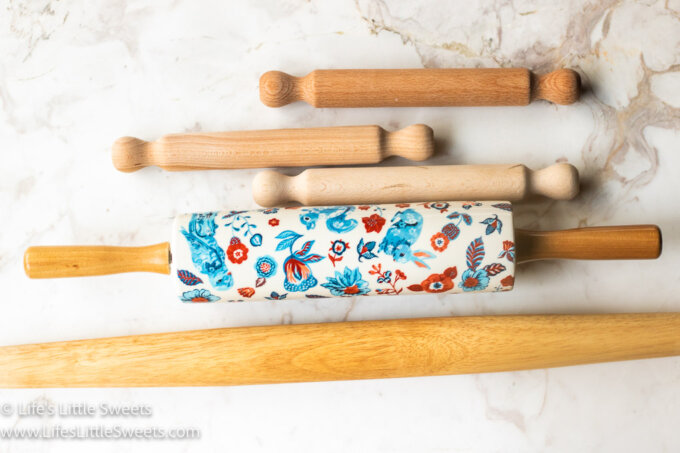
Wooden Rolling Pins
Wooden rolling pins are a classic choice and have been used for centuries. They are typically made from hardwoods like maple, beech, or oak, and come in various sizes. One of the benefits of wooden rolling pins is their weight, which can help with rolling out dough evenly. They are also known for their durability and can last for years with proper care. However, wooden rolling pins require a bit more maintenance than other types and should be oiled periodically to prevent cracking or warping.
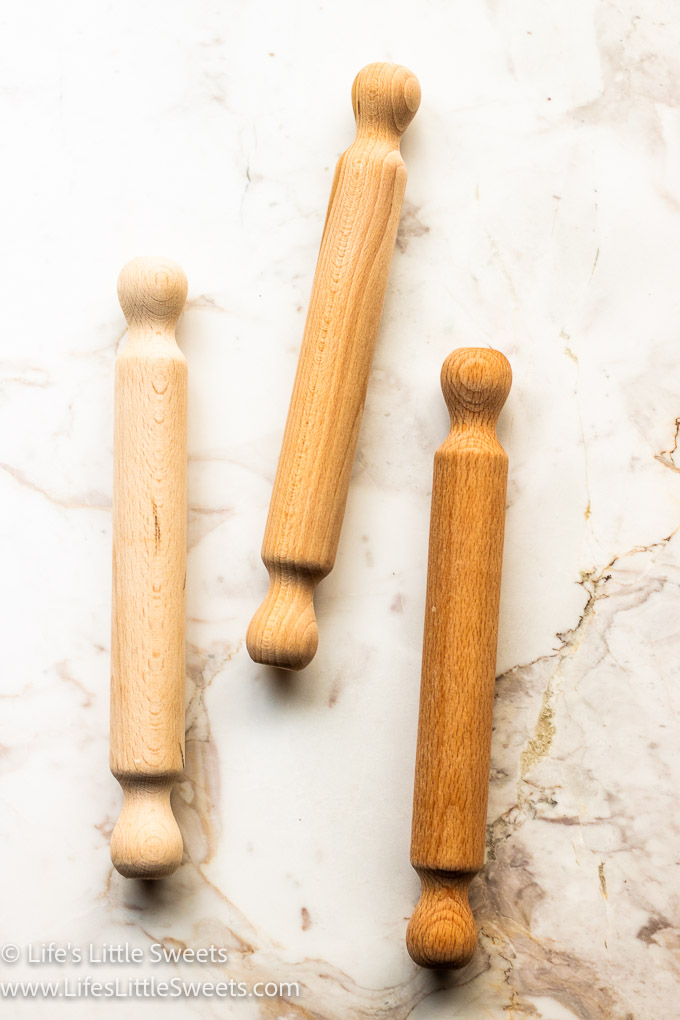
Silicone Rolling Pins
Silicone rolling pins have become increasingly popular in recent years. They are made of non-stick silicone, which makes them easy to clean and perfect for rolling out delicate doughs like puff pastry or sugar cookie dough. They are also lightweight and can be chilled in the freezer before use to help prevent sticking. However, some bakers may find that silicone rolling pins are too light and don't provide enough pressure for rolling out heavier doughs.
French Rolling Pins
French rolling pins are another classic option and are typically made of hardwood like beech or maple. They can have a tapered shape and don't have handles, which allows for more control and precision when rolling out dough. French rolling pins are also easy to clean and can be used for a variety of dough types. However, they can be more difficult to use for beginners or bakers who prefer the stability that handles provide.
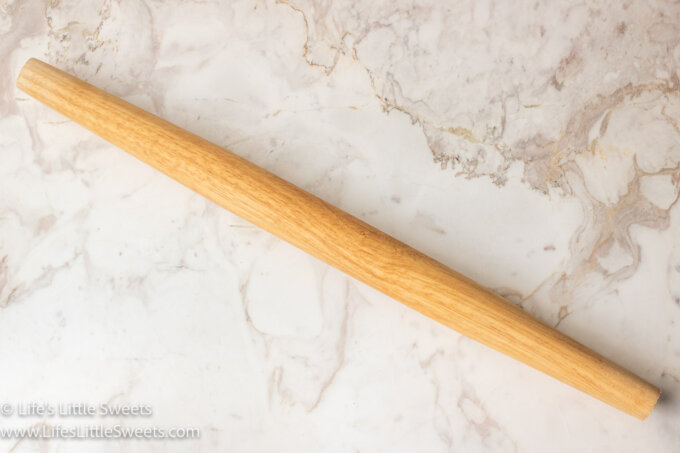
Marble Rolling Pins
Marble rolling pins are a luxurious option and are perfect for rolling out pastry dough. They are typically made from polished marble and have a heavy weight that can help with even rolling. Marble rolling pins also stay cool, which can be beneficial when working with delicate doughs like puff pastry. However, they can be quite expensive and require extra care when cleaning and storing to prevent chipping or cracking.
Ceramic rolling pins are a unique and stylish option that offers several advantages over traditional wooden or metal rolling pins. Made from high-quality ceramics, these rolling pins are durable, easy to clean, and can help keep the dough cool while rolling. Additionally, many ceramic rolling pins come in a variety of colorful and decorative designs, making them a popular choice for bakers who want to add a touch of personality to their kitchen tools.
One of the benefits of using a ceramic rolling pin is that it can help keep the dough cool while rolling. This is especially useful for pastries like pie crusts or puff pastries, which can become tough and difficult to work with if they get too warm. Because ceramic is naturally cool to the touch, it can help keep the dough from sticking and prevent it from becoming overworked.
Another advantage of ceramic rolling pins is that they are easy to clean. Unlike wooden rolling pins, which can absorb moisture and odors, ceramic rolling pins can be easily wiped clean with a damp cloth or washed in the dishwasher. This makes them a great option for busy bakers who want a low-maintenance kitchen tool.
Ceramic rolling pins come in a wide variety of colorful and decorative designs, making them a fun and stylish addition to any kitchen. Some common designs include floral patterns, geometric shapes, and abstract designs, and many ceramic rolling pins are hand-painted or glazed for a unique and artistic look.
While ceramic rolling pins may not be as widely used as traditional wooden or metal rolling pins, they offer several advantages that make them a great choice for bakers of all skill levels.
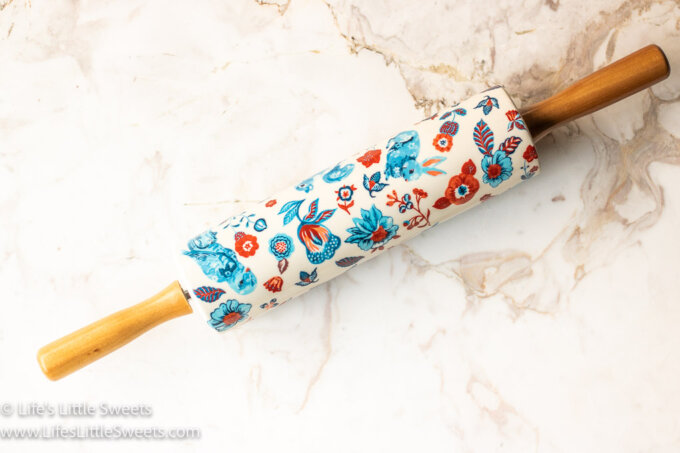
Tapered rolling pin
A tapered rolling pin is similar to a French rolling pin, but with tapered ends. This design allows for greater control and precision when rolling out dough, making it a popular choice for pie crusts and other delicate pastries.
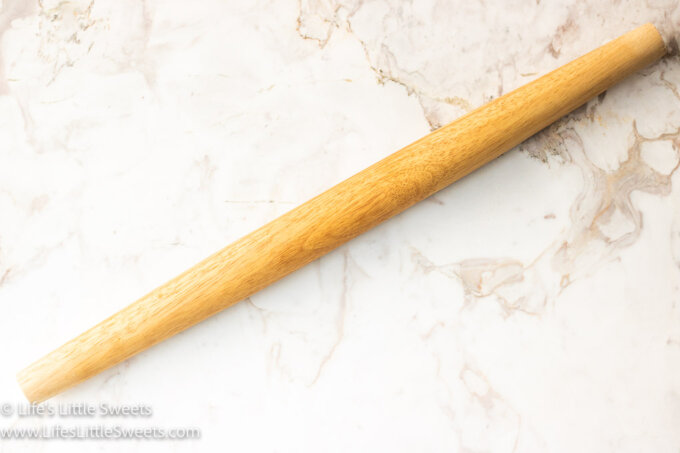
Adjustable rolling pin
An adjustable rolling pin has removable rings on the ends that can be adjusted to achieve a specific thickness when rolling out dough. This can be a convenient option for bakers who need to roll out dough to a precise thickness for things like cookies or crackers.
Dowel rolling pin
A dowel rolling pin is made from a solid wooden dowel, usually with handles on either end. While not as versatile as other types of rolling pins, it is a simple and affordable option that can be effective for rolling out simple doughs or fondant.
Textured rolling pin
A textured rolling pin has a pattern or design engraved on its surface, allowing bakers to create decorative patterns or imprints on their dough. This can be a fun and creative way to add visual interest to baked goods.
Web Story
There are many types of rolling pins available, each with its unique features and benefits. When choosing a rolling pin, consider what type of dough you'll be working with and your personal preferences for weight and control. With the right rolling pin, you'll be able to create perfectly rolled-out dough for all your baking needs.
Related Posts
Latest Posts
- First published: 4/18/2023
- Dandelion Jelly - April 22, 2024
- Nordy Bars - April 14, 2024
- Hot Cross Buns - April 6, 2024


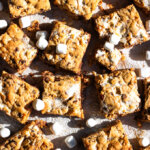


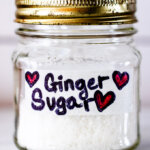
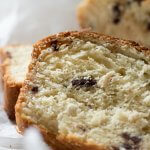
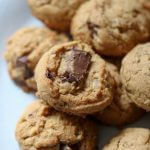


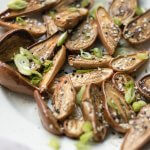

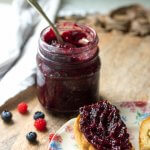
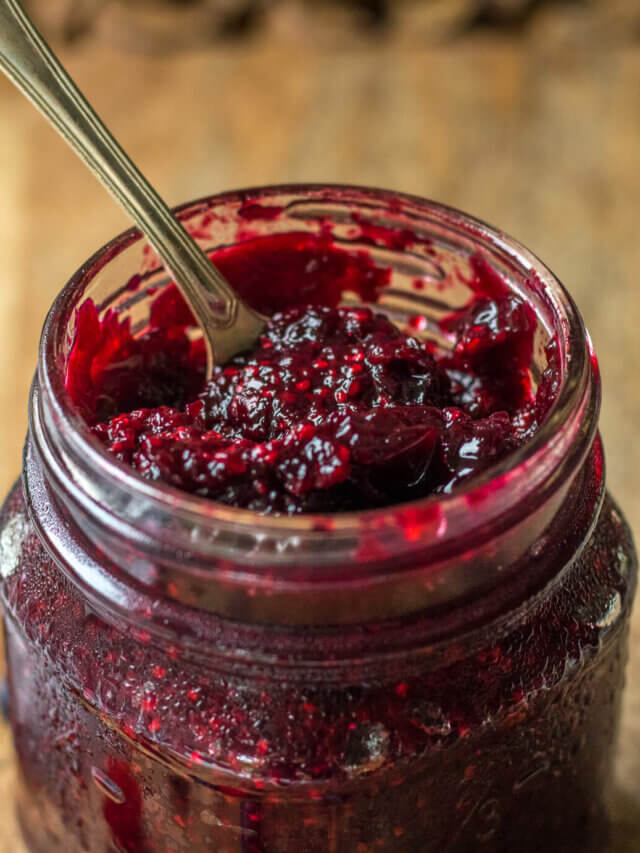

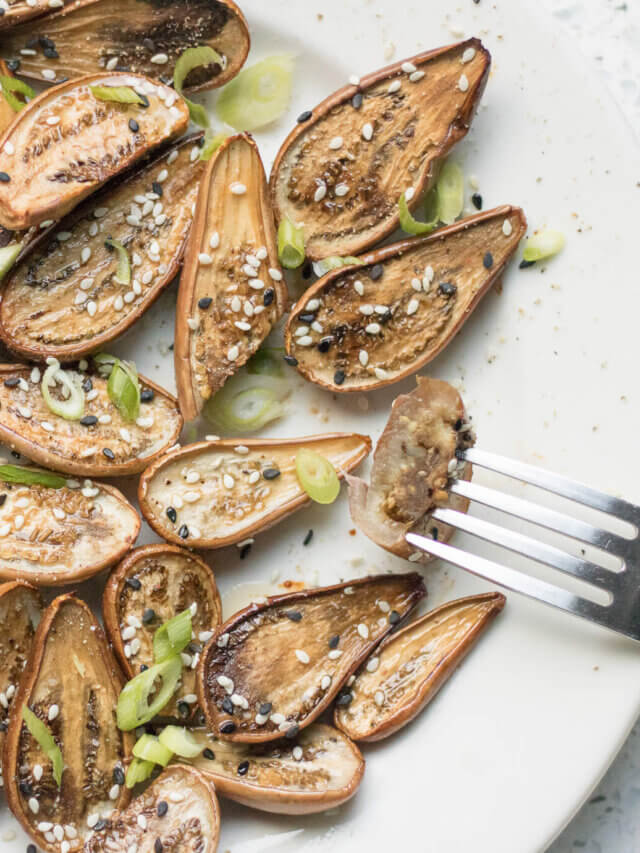
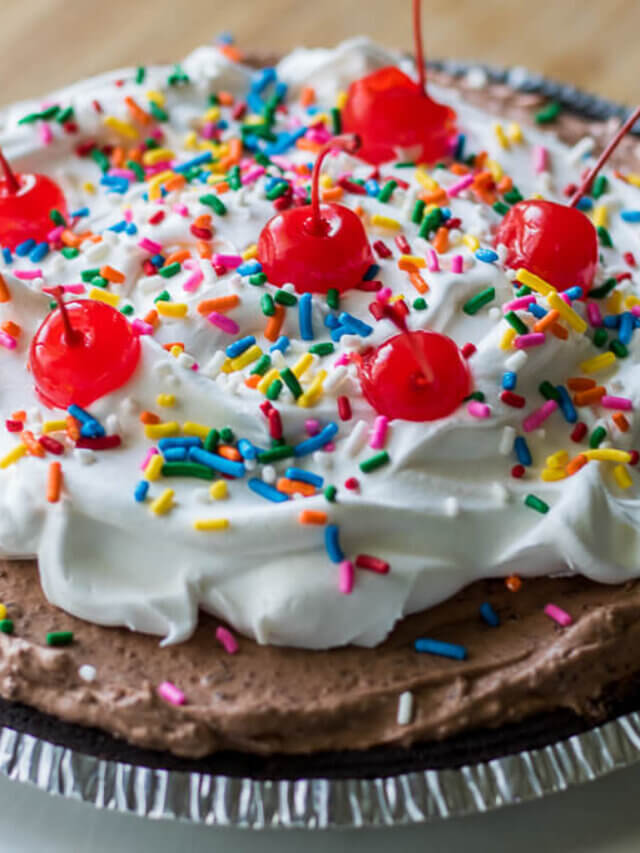
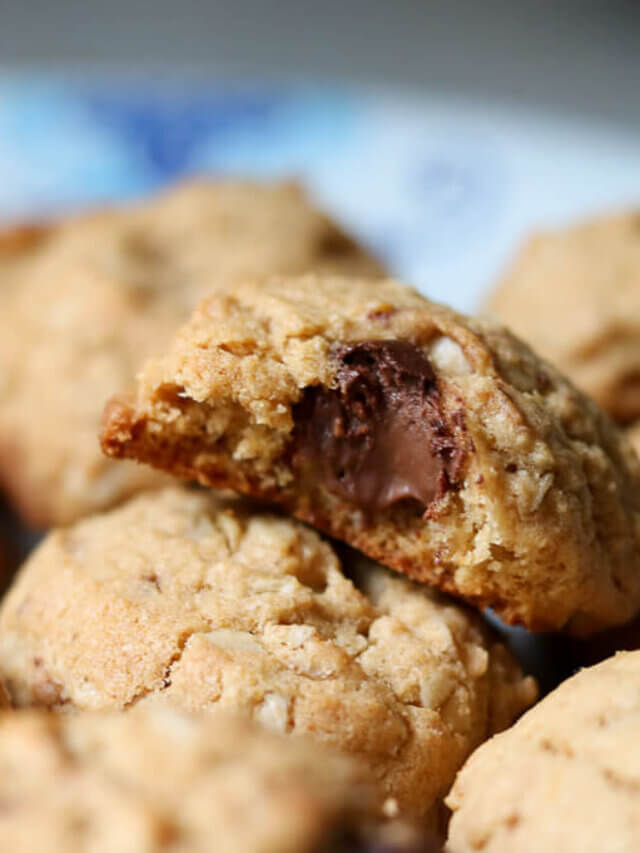



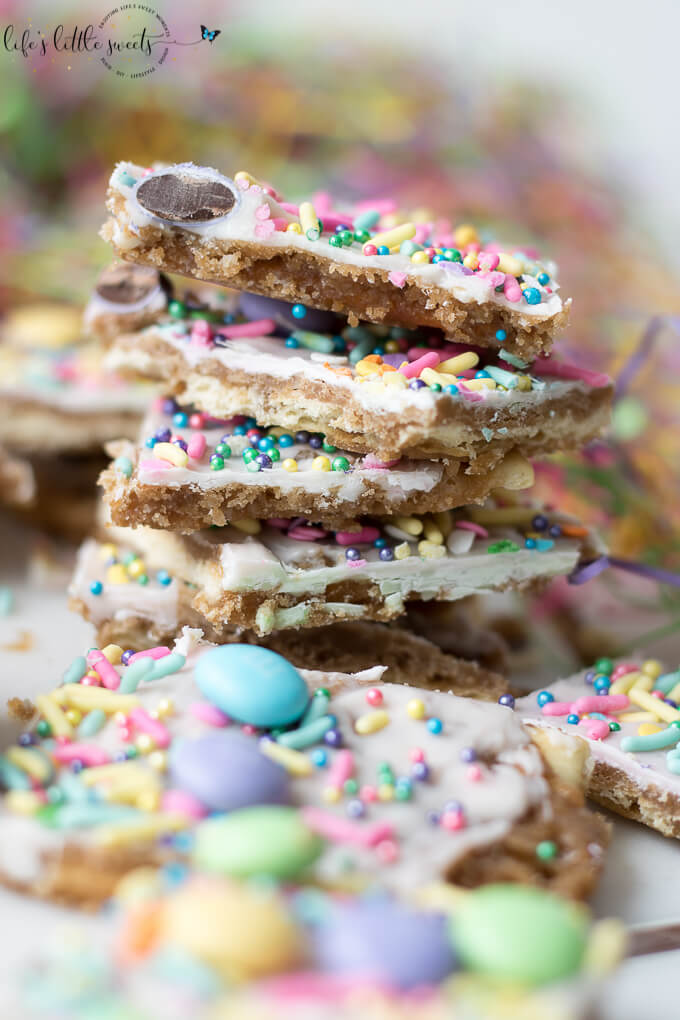
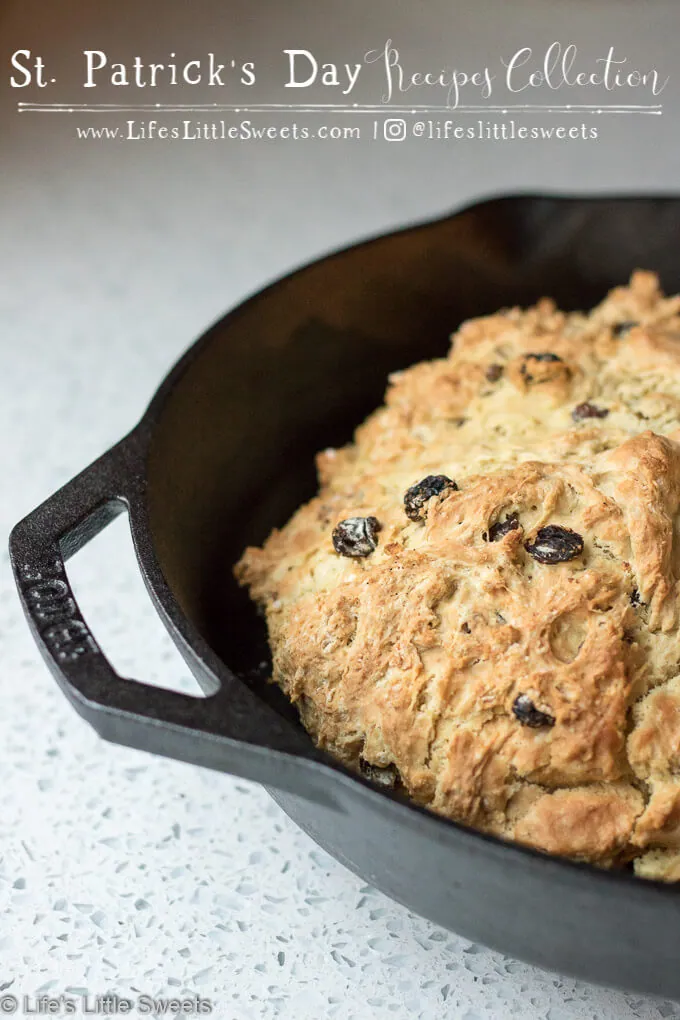
Leave a Reply